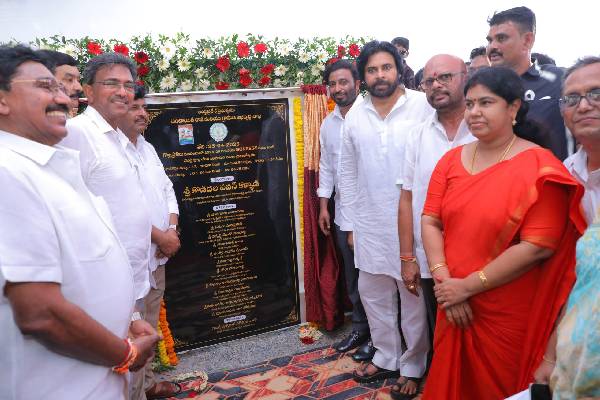The Hyderabad Development and Reconstruction Authority (HYDRA) was established on July 19 through Government Order (GO) 99, sparking debate about its legality and impact on the real estate sector. HYDRA Commissioner Ranganath addressed these concerns during a recent CREDAI event in Hyderabad.
Ranganath clarified that HYDRA was created through an executive resolution, similar to other government bodies like the Planning Commission and Law Commission. He emphasized that HYDRA is legal and will soon receive additional legitimacy through an ordinance.
“The government will introduce an ordinance for HYDRA next month, granting it special powers for protecting government properties and managing disasters in the city,” Ranganath stated. He added that a HYDRA bill would be presented in the State Assembly within six weeks of the ordinance’s approval.
Addressing legal challenges, Ranganath explained, “HYDRA operates like task forces and greyhounds, supporting municipalities, irrigation, and revenue departments. It doesn’t issue notices but works as a protective force.”
The commissioner also discussed HYDRA’s role in urban planning and development:
1. Full Tank Level (FTL) and buffer zones: HYDRA will raise awareness about these areas and warn against purchasing land within their scope.
2. Illegal constructions: Ranganath cited court rulings stating that notices are not required to demolish illegal structures under FTL, as existing laws permit such action.
3. Unauthorized buildings: The commissioner warned that even illegal constructions disguised as permitted structures would face scrutiny.
As HYDRA’s influence expands, its impact on Hyderabad’s urban landscape and real estate sector remains a topic of intense discussion. Stakeholders are closely watching the upcoming ordinance and bill, which will further define HYDRA’s powers and responsibilities in shaping the city’s future.
-Sanyogita



































